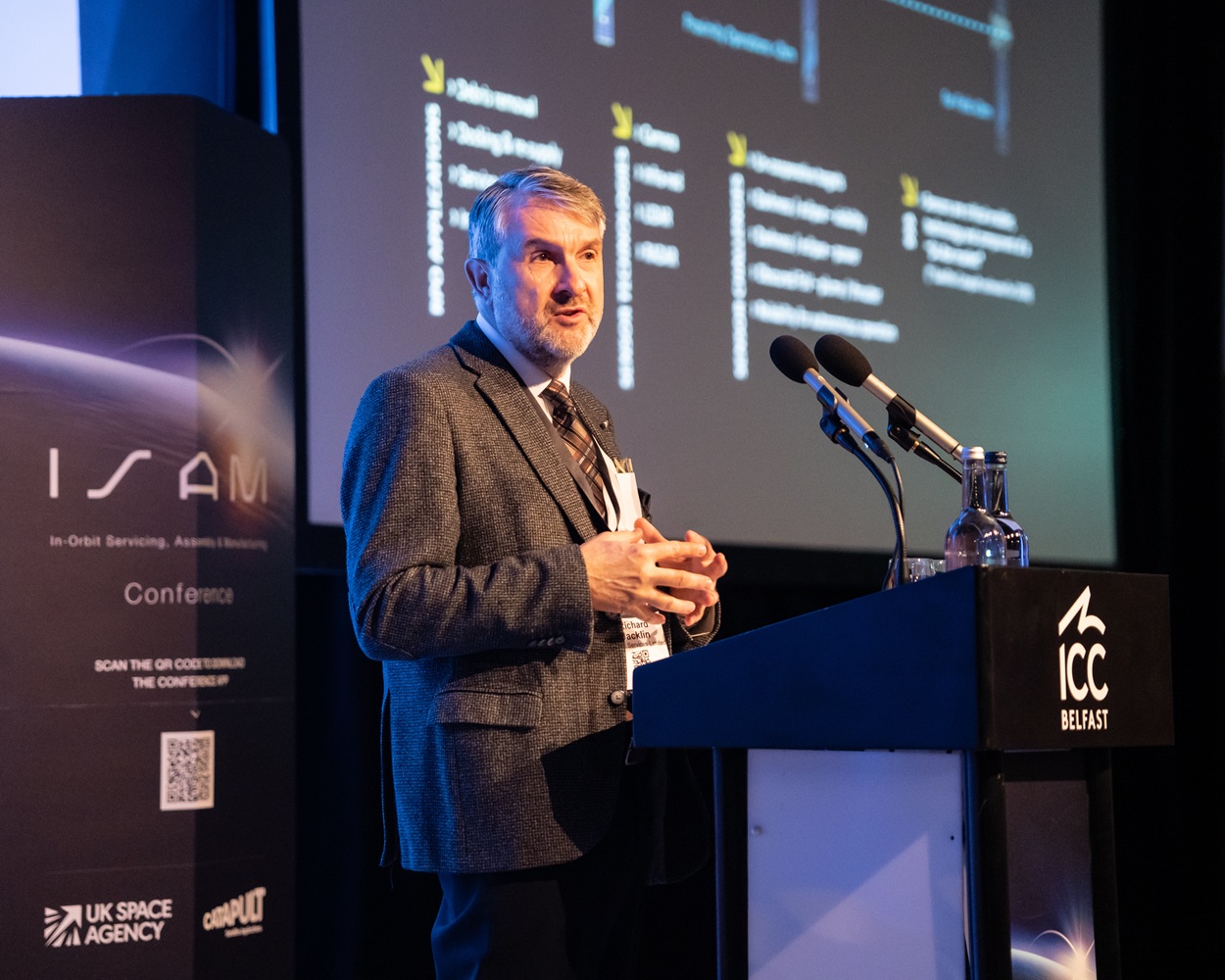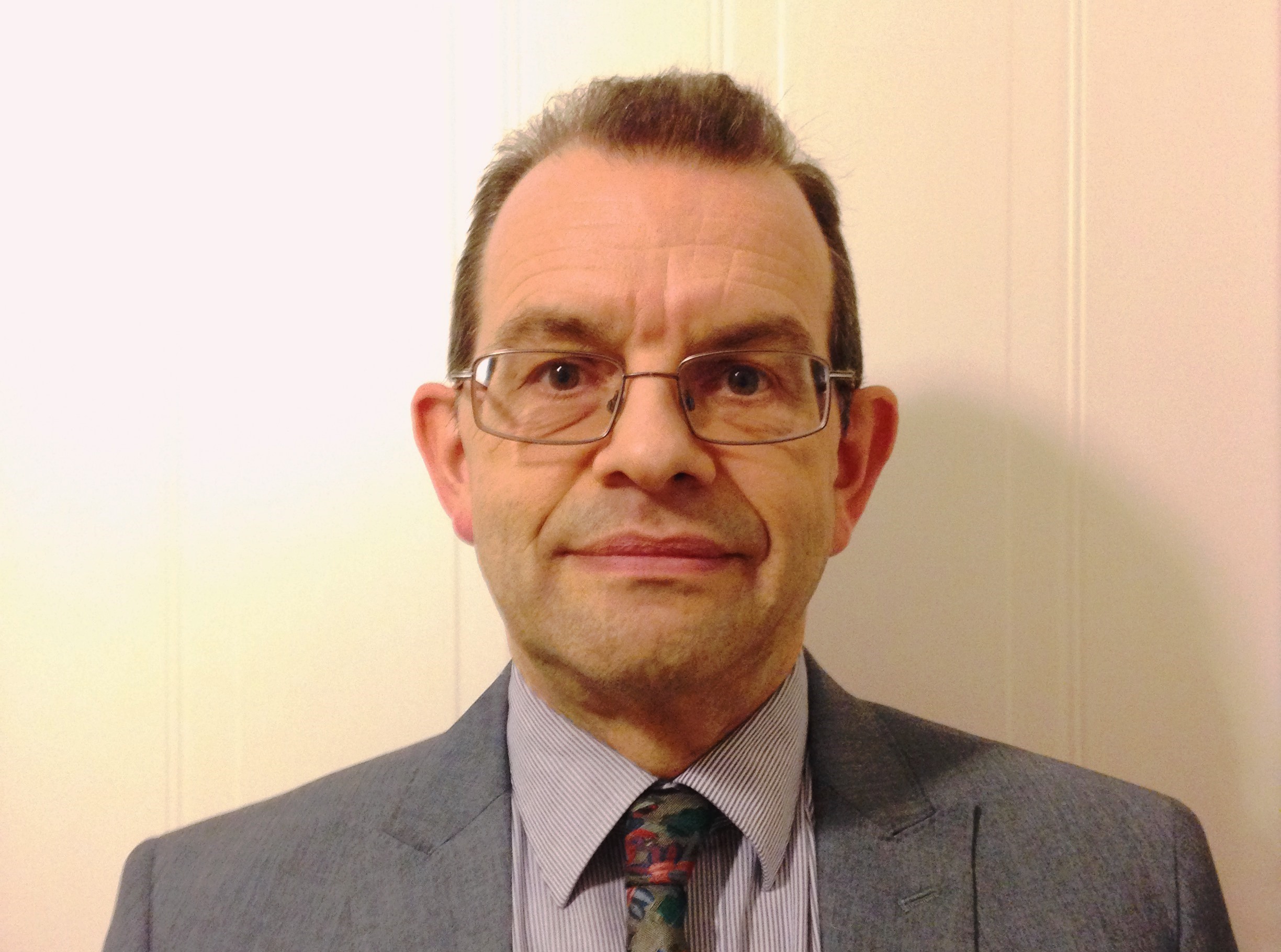Creating a culture of excellence to drive productivity

In 2017 the UK’s productivity was reported as falling 16% behind the other G7 countries – if this was to continue the economy would no longer generate rising real incomes per head, that could change everything, most likely for the worse – something recognised in the Industrial Strategy.
To define productivity - in its simplest terms - it is about achieving more outcomes with the same resource, growing the effect of working hours, doing more with the same.
It is strikingly different to efficiency which at its simplest is about achieving the same outcomes with less resources e.g. shrinking the effort/cost required to have the same effect, doing the same with less.
As a result, sustaining productivity requires different thinking to chasing efficiencies – for leaders and their teams it’s an engagement and motivational challenge.
Whilst productivity is low - it does offer significant opportunities for improvement.
The Smith Institute published a report in 2016 highlighting the productivity challenge as the need for employees to contribute through working harder not smarter. Some key findings are summarised below:
• Employee awareness of productivity is high, however it is often thought of as too remote an issue to discuss with the workforce.
• Employee views on the role of innovation, technology and quality in improving productivity are highly positive.
• Better people management can improve productivity, but managers are perceived as ‘too overwhelmed’ to focus on it.
• Tackling bureaucracy and “unproductive work” – or waste - came up repeatedly as a barrier to higher productivity.
• Improving skills amongst managers and employees is imperative.
So what is the ‘essence of excellence’ – that underpinning thinking for sustained productivity?
Over the last 25 years we have researched, coached and supported many companies on their continuous improvement journeys. So, what separates the really great from the merely good? The answer lies not in what you see or the tools people use, but in the feel, the pure essence of these organisations. It is the mind-set, the language, the confidence and the sheer passion for excellence and its effect, enhanced and sustained productivity, underpinning growth and margins.
Yet what is preventing other organisations achieving the same level of excellence? It is often not that they have not tried. Indeed, many have run successful lean six sigma or continuous improvement programmes for some years. However, we often see that companies rate of improvement has slowed or even plateaued.
Previous studies have identified the top 10 reasons why strategic culture change fails – typically these relate to a lack of effective leadership or robust change management:
• Lack of a clear executive vision
• Lack of an effective communication strategy
• Failure to create and communicate a real sense of urgency
• Poor consultation with stakeholders
• Lack of structured methodology and project management
• Failure to monitor and evaluate the outcome
• Failure to mobilise change champions
• Failure to engage employees
• Absence of a dedicated and fully resourced implementation team
• Lack of sympathetic and supportive Human Resources policies
Another underlying problem is that in most organisations implementing Lean or Continuous Improvement, the core Lean team are made up of technical experts drawn from functions such as Operations, Engineering or Supply Chain. In contrast colleagues addressing the cultural and skills capability development aspects almost certainly come from a Human Resource functional background. Unfortunately, these two communities rarely speak the same language, let alone deploy their approaches synergistically! The result is a functional and cultural gap meaning that the culture of Continuous Improvement remains elusive.
If you are one of these organisations don’t worry you are not alone. Based on our research we have found that the very best distance themselves from the merely good within a few Core Operating Systems. This does not mean that they do not operate other Systems, just that it is excellence in these Core Operating Systems that differentiate them.
We have identified those four Core Operating Systems:
• The Behavioural & Strategy Deployment System
• The Continuous Improvement System
• The Leader Standard Work System
• The Learning & Development System
So at the foundation of really great organisations is a set of core Systems that provides the engine for them to:
• PLAN the culture within the organisation and what they are trying to achieve and align everyone to this making work meaningful : the Behavioural and Strategy Deployment System
• DO by involving everyone at every level in improvement activity, giving people autonomy within a system to improve how work works in their areas : the Continuous Improvement system
• CHECK by actively engaging the workforce by adopting an appropriate leadership style and role, recognising where things are working or providing support where they are not and creating the management rhythm for running the business: the Leader Standard Work system
• ACT by coaching and developing the workforce to improve themselves and hence create a true learning organisation: the Learning and Development system
Authors
Professor Peter Hines is the Founder of S A Partners, Co-Founder Lean Enterprise Research Centre, Cardiff University, Visiting Professor Waterford Institute of Technology, author and researcher.
Robin Jaques, Partner and Head of Aerospace & Defence Sector at S A Partners.














